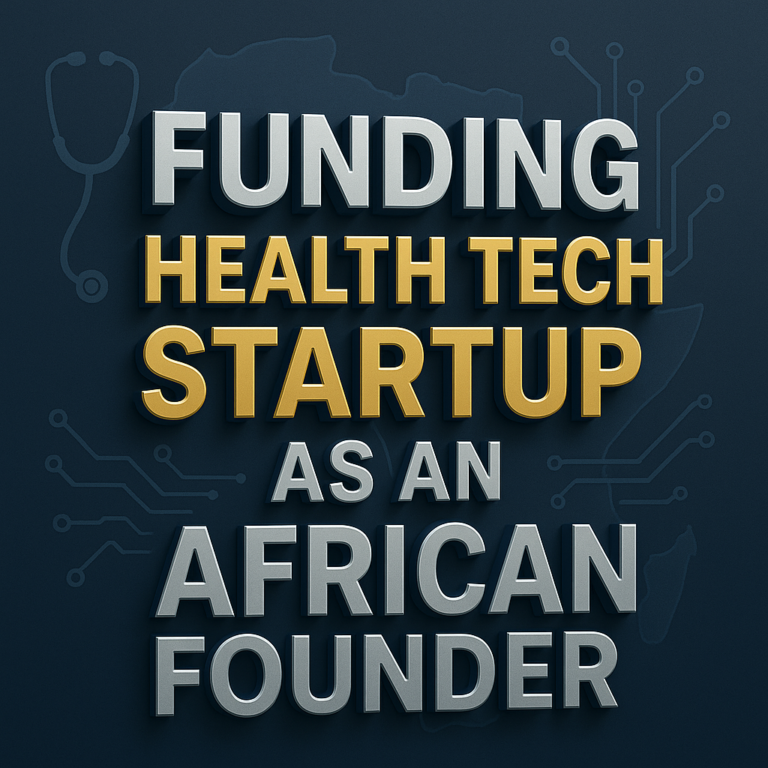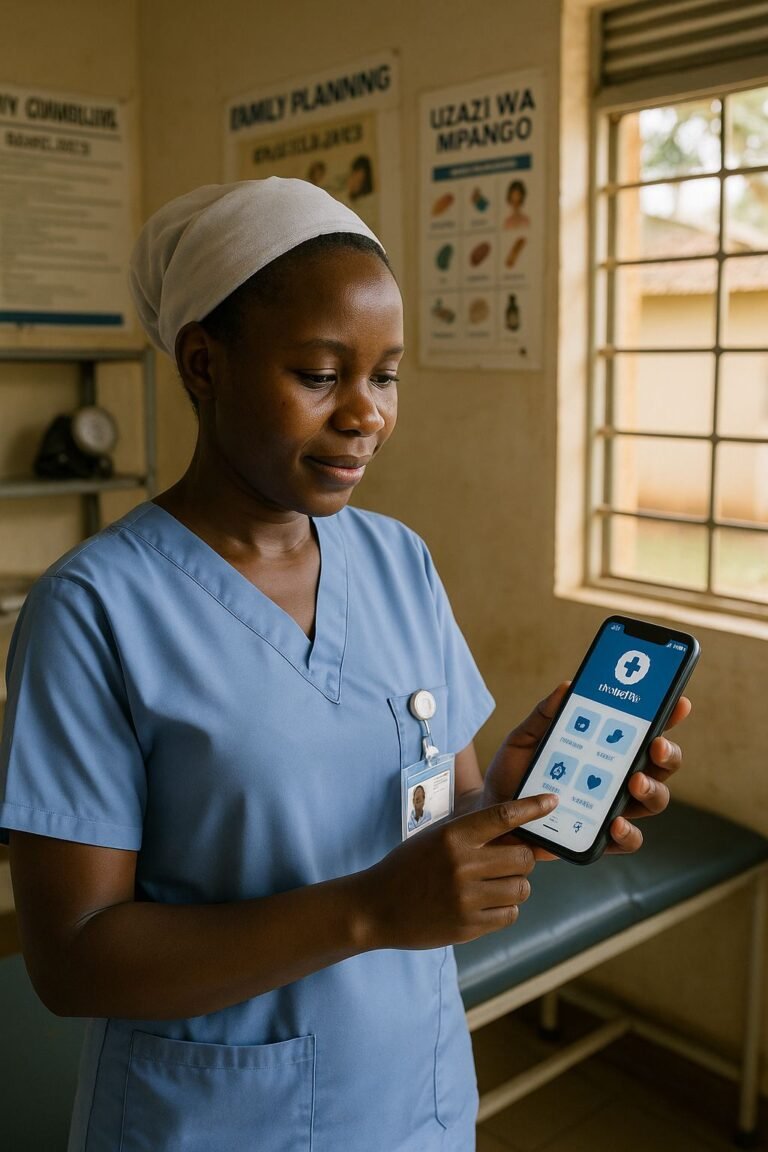Healthcare innovation is often celebrated with buzzwords like disruption, transformation, and digital revolution, but in real-life settings like Nigeria, Kenya, or South Africa, the road from idea to impact is far from simple. Innovation in this space is rarely just about a shiny new device or mobile app. More often, it’s a careful balancing act between new tools, evolving processes, and navigating deeply rooted systems and cultures.
Take, for example, the rollout of rapid malaria diagnostic kits in rural clinics in Uganda. These kits represent a major shift in how febrile illnesses are diagnosed at the primary healthcare level. But they aren’t just plug-and-play devices. Their success depends on new clinical routines, retraining community health workers, rethinking procurement chains, and ensuring that health facilities trust and act on the test results. When used correctly, they help reduce the over-prescription of antimalarials and improve the diagnosis of other febrile illnesses. But when poorly integrated, they become underused or misinterpreted, offering little benefit to patients.
This illustrates that the success of healthcare innovation in Africa is often more about how new tools are integrated into the healthcare system than the tools themselves. In countries like Kenya and South Africa, where healthcare services are delivered across a mix of public and private providers, and where access varies widely between urban and rural areas, introducing any new approach requires a deep understanding of the context.
Innovation doesn’t happen in a vacuum. Healthcare systems comprise multiple stakeholders, including clinicians, healthcare workers, tech developers, NGOs, government bodies, private insurers, and patients—all with distinct goals, constraints, and risk appetites. It’s not enough to design a smart diagnostic app or build a drone for medicine delivery. Innovators need to build bridges between sectors, coordinate timelines, and gain trust from the people who will use their solutions on the ground.
Additionally, African health systems tend to be cautious, sometimes for good reason. New solutions are often expected to prove their worth through rigorous pilot studies, ethical approvals, and alignment with national treatment guidelines. In South Africa, for instance, digital health startups working with public facilities must demonstrate data privacy compliance, integrate with government systems, and often navigate multiple layers of health bureaucracy.
Then there’s the economic reality. In much of sub-Saharan Africa, health financing is fragmented. Governments provide core services, donors support targeted programs, and a growing private sector caters to those who can afford to pay. Innovators must therefore navigate a complex web of funders, procurement rules, and reimbursement models. And yet, despite these challenges, value-driven healthcare innovation remains essential.
For health innovators in Africa, the key isn’t just technological brilliance. It’s understanding the local context, engaging stakeholders early, and designing for value at every stage. When done right, innovation has the power to strengthen health systems, save lives, and unlock scalable impact—one context-aware solution at a time.





8 Responses
Word up! 747livelogin is the bomb for live action. I dig the live casino experience. Seamless login process too. Recommend checking it out if you’re into live games! 747livelogin
Dude, 777pubapk is legit! Downloaded the APK, and now I’m winning on the go. Seriously, try it, it’s worth it. Get your game on! 777pubapk
Phswerteph just has a unique vibe. I like playing there because the promotions that they offer. Who doesnt like free money? phswerteph
Goal11Login is super easy to use, even for a newbie like me. The interface is clean and straightforward. Definitely recommend it if you’re just starting out. goal11login
Downloaded the Goal11App recently, and I’m not gonna lie, it’s pretty decent. Smooth performance, doesn’t chug my battery. Give it a go, eh? Find it at goal11app
Yo, check out ku.11net. I messed around on there a bit, and it wasn’t a waste of time. Definitely worth a look: ku.11net
Yo, check out 55666 bong88 net! Worth a look, for real. Check it out and tell me if you vibe with it 55666 bong88 net.
Righto, searching for Tai88Vin are we? Here’s a quick way to check it out: tai88vin. Have a crack!